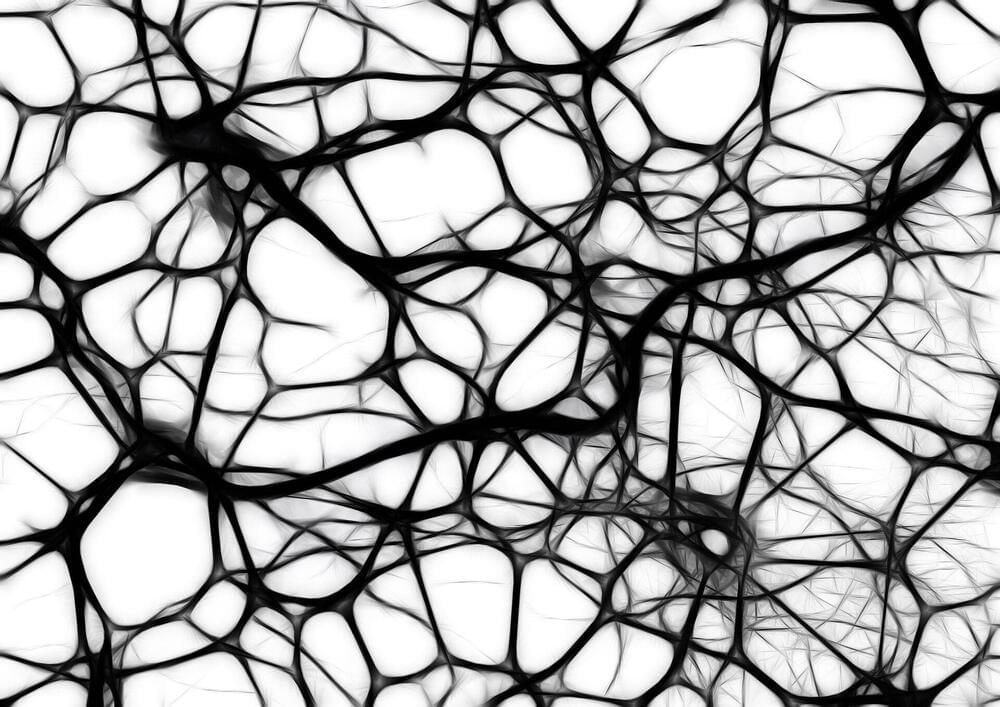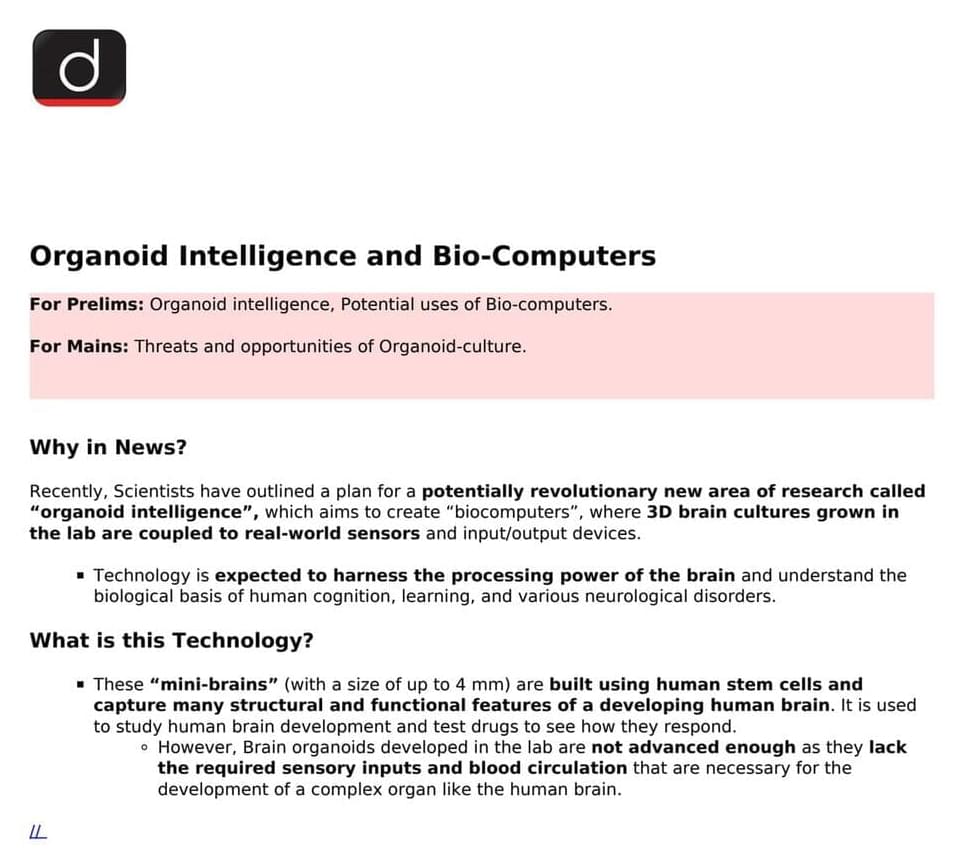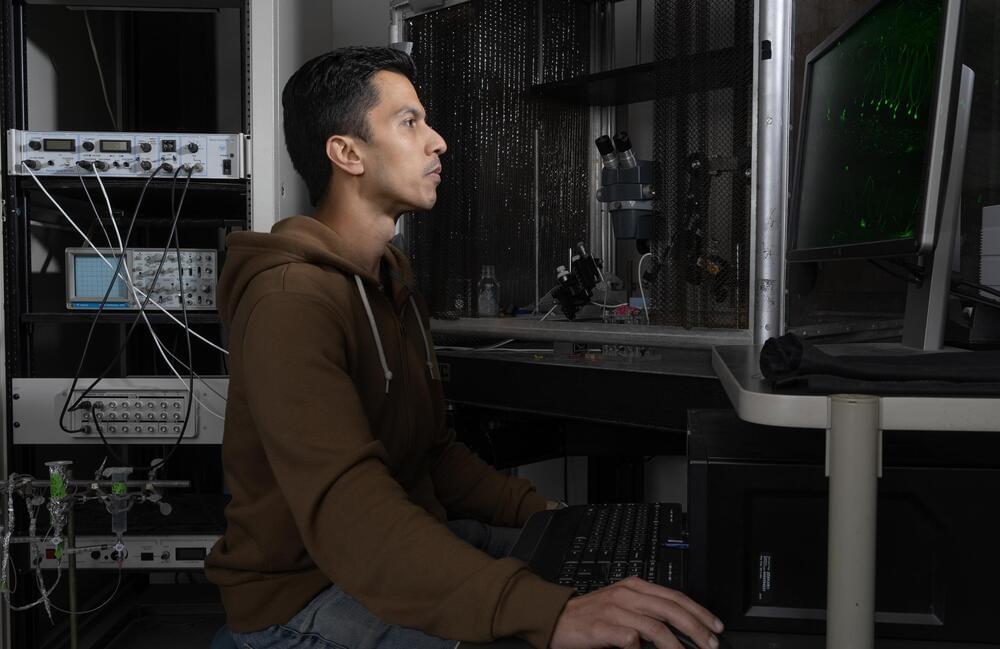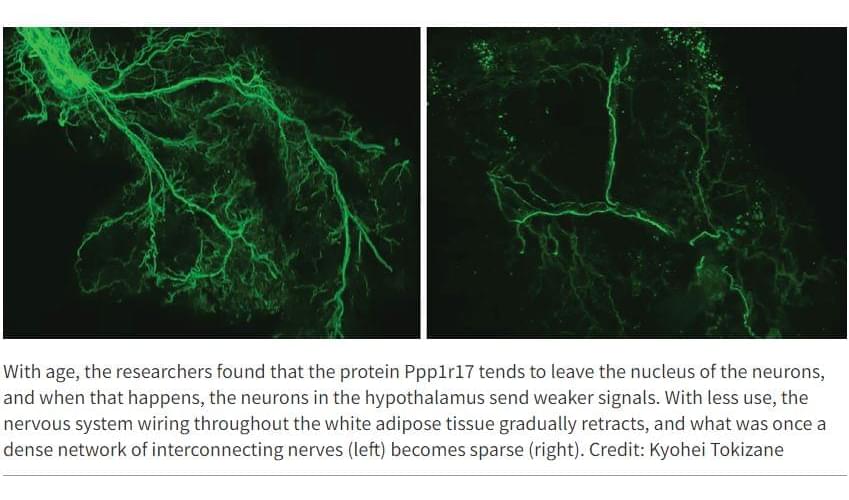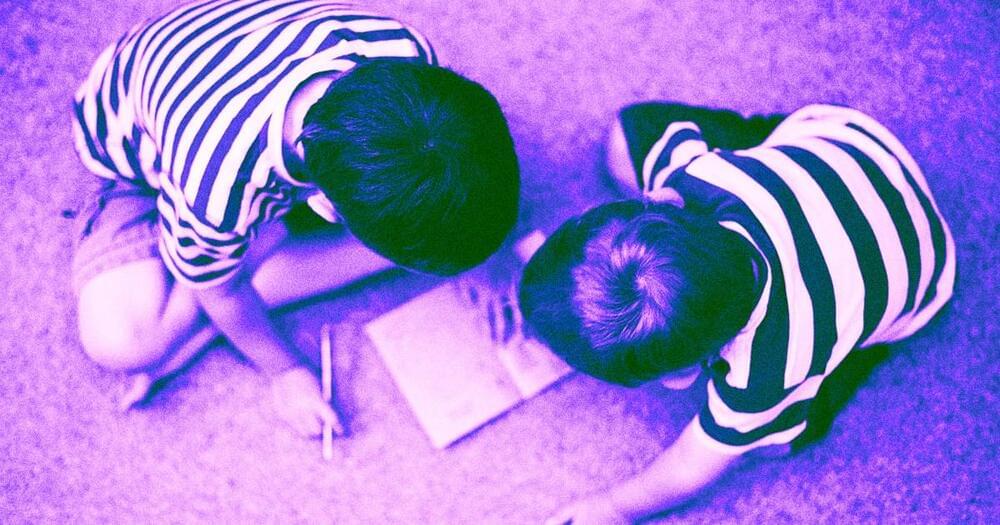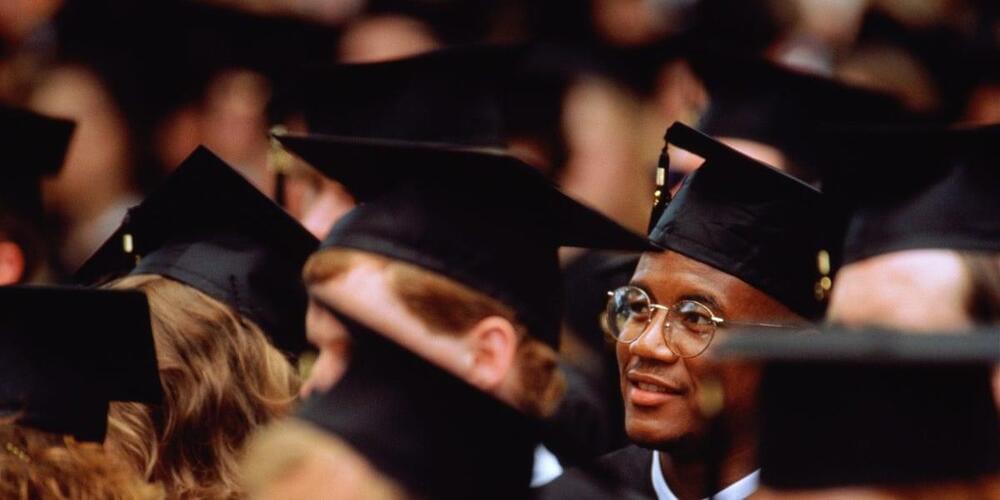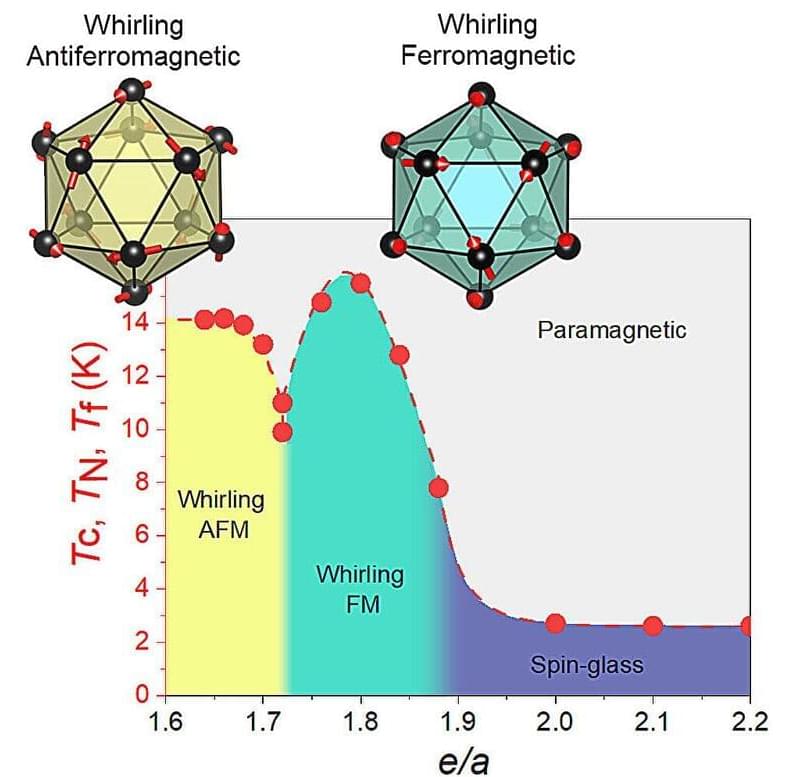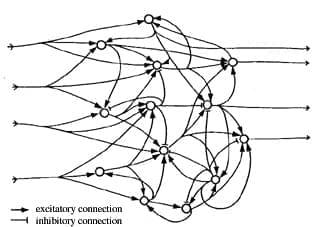Recent advances in generative AI help to explain how memories enable us to learn about the world, relive old experiences and construct totally new experiences for imagination and planning, according to a new study by UCL researchers.
The study, published in Nature Human Behaviour, uses an AI computational model —known as a generative neural network—to simulate how neural networks in the brain learn from and remember a series of events (each one represented by a simple scene).
The model featured networks representing the hippocampus and neocortex, to investigate how they interact. Both parts of the brain are known to work together during memory, imagination and planning.
